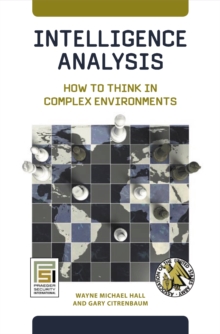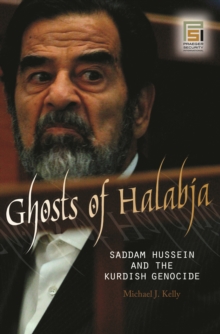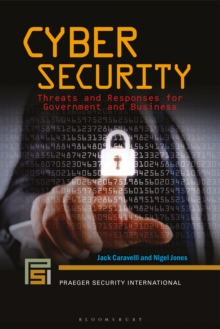
Europe and the United States : The Emerging Security Partnership PDF
by Oswald Franz Oswald
Part of the Praeger Security International series
- Information
Description
Oswald argues that European security autonomy will lead to a more balanced transatlantic partnership, even though American military might will remain far superior. As U.S. leaders indicate a willingness to disengage from their former European protectorate, the Europeanization of Europe's own security needs-their ability to take care of their own crises-will proceed apace. An understanding of this process is key to an American foreign policy that recognizes Europe as a strategic actor in its own right, an indispensable ally with its own military and nonmilitary instruments of crisis management.
At the end of the Cold War with the collapse of the Soviet Union in 1991, and the postcommunist transformation of Central and Eastern Europe, the U.S.-led NATO alliance found itself without its erstwhile primary enemy. While NATO found new purpose as guarantor of stability for an increasing membership and crisis manager in Southeast Europe, the alliance's expansion also advanced its transformation from a collective defense organization into a security community. While NATO was redefining itself, the European Union created the institutional and political prerequisites for a European security and defense policy. In his analysis of Europe's emancipation from security dependence on the United States, Oswald expects the economic strength of the European bloc to translate into responsibility for regional security.
Yet this is not to say that the EU is emerging as the primary challenger to U.S. hegemony. Instead, Oswald argues, European security autonomy will lead to a more balanced transatlantic partnership, even though American military might will remain far superior. As U.S. leaders indicate a willingness to disengage from their former European protectorate, the Europeanization of Europe's own security needs-their ability to take care of their own crises-will proceed apace. An understanding of this process is key to an American foreign policy that recognizes Europe as a strategic actor in its own right, an indispensable ally with its own military and nonmilitary instruments of crisis management.
Information
-
Download Now
- Format:PDF
- Pages:200 pages
- Publisher:Bloomsbury Publishing (USA)
- Publication Date:30/04/2006
- Category:
- ISBN:9780313069277
Information
-
Download Now
- Format:PDF
- Pages:200 pages
- Publisher:Bloomsbury Publishing (USA)
- Publication Date:30/04/2006
- Category:
- ISBN:9780313069277



